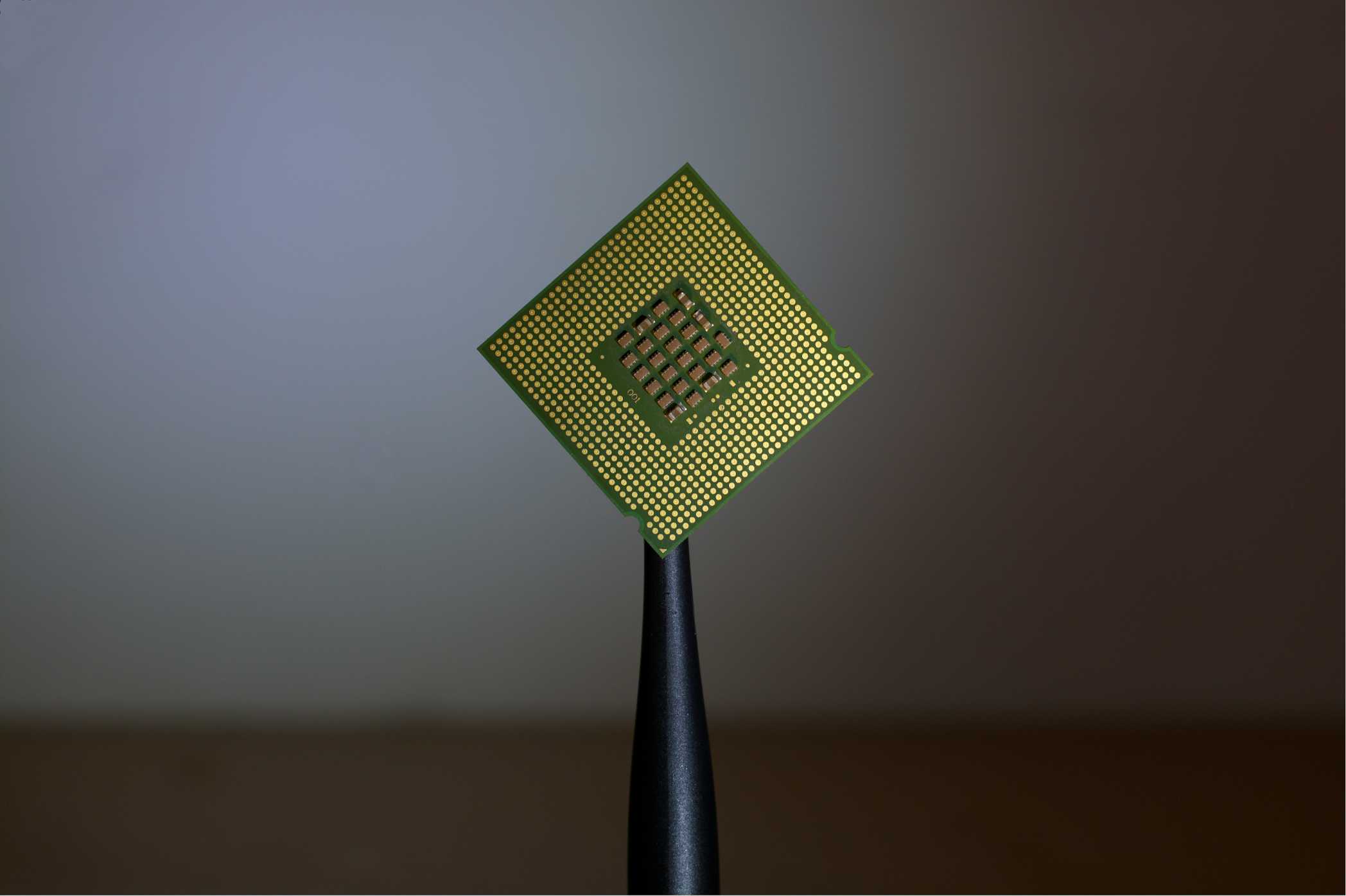AI-Driven Agency: From Automation to Autonomy
Explore the evolution of AI agents and how they are moving from simple automation to fully autonomous systems that can operate on behalf of users.

Automation has been around for decades. Robotic process automation (RPA) tools automate repetitive tasks. But traditional automation is rigid. It follows predefined rules. If something unexpected happens, automation fails.
Artificial intelligence is changing this. AI agents can understand context, adapt to new situations, and make decisions like humans. As AI becomes more capable, we're seeing the evolution from basic automation to true agency: AI systems that can act autonomously on behalf of users.
This evolution has profound implications for work, business, and Web3. Understanding the spectrum from automation to autonomy helps explain where AI is heading.
The Automation-to-Agency Spectrum
This is a spectrum, not a binary. Systems exist across a range.
Rule-based automation is at one end. Systems that follow if-then-else rules. RPA software that records human actions and replays them. These systems are entirely predictable but brittle. They fail if anything deviates from expected conditions.
Scripted systems add slightly more flexibility. Humans write programs that handle multiple scenarios. Scripts can branch based on conditions. But they still require explicit programming for each scenario.
Machine learning models add predictive capability. Models can make predictions based on data. Email spam filters using ML are common. These systems can adapt to new data but don't have goals. They output predictions, not actions.
AI agents can perceive their environment, set goals, plan actions to achieve those goals, and execute those actions. An AI agent can decide what to do based on understanding of its environment and goals.
Autonomous AI systems are AI agents that can operate independently for extended periods without human oversight. They can handle unexpected situations, learn, adapt, and achieve complex objectives.
What Makes Something an AI Agent
AI agents have specific characteristics.
Perception: The agent can sense or receive information about its environment. This might be sensor data, API responses, or text input.
Goals or objectives: The agent has goals it's trying to achieve. These might be explicit (user-provided) or implicit (learned).
Planning: The agent can plan sequences of actions to achieve goals. It understands that some actions lead to goal achievement.
Action: The agent can take actions in the world. For software agents, this might be API calls or blockchain transactions.
Adaptation: The agent can adapt its behavior based on outcomes. If an action doesn't achieve the desired result, the agent tries something different.
Autonomy: The agent acts independently, not just following explicit instructions for each situation.
Not all AI systems have all these characteristics. Traditional ML models are missing planning and action. Expert systems have planning but not deep learning. True agents have most or all of these.
The Evolution of Web3 Agents
Web3 creates particularly interesting possibilities for AI agents because of blockchain's transparency and programmability.
Current state (2024): AI agents in Web3 are mostly in the planning and execution phase. Agents can:
- Analyze blockchain data
- Estimate transaction outcomes
- Plan transaction sequences
- Execute transactions (with human approval)
Examples include MEV bots that find profitable trading opportunities and execute them. Or portfolio management bots that rebalance holdings based on market conditions.
Near term (2024-2025): Fully autonomous agents will emerge. These will:
- Execute complex trading strategies without human oversight
- Manage DeFi positions automatically
- Provide liquidity and capture arbitrage
- Operate validators and validators
- Manage smart contract upgrades and governance
These agents will have human-set parameters but will operate autonomously within those bounds.
Medium term (2025-2027): Agents become more sophisticated.
- Multi-agent coordination where agents cooperate or compete
- Agents that learn and improve their strategies over time
- Agents that participate in decentralized governance
- Agents that own assets and participate in the economy
- Agents that can handle unprecedented situations
Long term: AI agents become economic participants in their own right. They own assets, participate in contracts, and interact with human economy as independent entities.
Challenges with Autonomous AI Agents
Creating truly autonomous AI agents is challenging.
Alignment problem: How do you ensure agents pursue goals aligned with human values? An agent optimizing for profit might engage in unethical behavior. This is the core alignment problem in AI safety.
Transparency: How do you understand why an agent made a decision? Deep learning systems are often "black boxes." Users can't audit why a transaction was executed.
Failure modes: What happens when an agent encounters a situation it wasn't trained for? How does it fail safely?
Security: Autonomous agents control assets. If compromised, they could lose enormous value. Security is critical.
Accountability: If an agent causes harm, who's responsible? The developers? The operator? The AI system itself? Legal and ethical accountability is unclear.
Scalability: Can decentralized governance work with thousands or millions of agents? Consensus mechanisms might not scale to agent-heavy scenarios.
Trust: How do humans trust agents operating with their assets? Building genuine trust requires both security and transparency.
Web3 and AI Agents
Web3 creates specific opportunities for autonomous agents.
Transparent execution: Blockchain records all transactions. Users can audit exactly what an agent did and why. This transparency helps build trust.
Smart contract constraints: Agents can operate within smart contracts that enforce rules. An agent can't violate the smart contract constraints, even if exploited.
Decentralized governance: DAOs can govern AI agents. Agent parameters can be set by community voting. This distributes authority and prevents single-point-of-failure control.
Programmable incentives: Blockchain allows programming incentives directly. Agents can be incentivized to behave well through tokenomics.
Composability: Agents can interact with other smart contracts and agents. An ecosystem of agents can form.
Cryptographic verification: Agents can prove they followed certain procedures using cryptographic proof. This provides verification without transparency.
Use Cases for Autonomous Agents
Several use cases show the potential.
Algorithmic trading agents: Execute trading strategies based on market conditions. Identify arbitrage opportunities across DEXs and exchanges. Manage risk automatically.
Liquidity provision agents: Automatically provide liquidity to DEX pools. Manage position sizing and rebalancing. Capture fees while managing impermanent loss.
Yield farming agents: Farm yields across DeFi protocols. Move capital to best opportunities. Manage risk and exit positions.
Bridge operators: Autonomously operate bridges between blockchains. Execute cross-chain transactions. Manage liquidity.
Validator infrastructure: Run validators for blockchain networks. Manage stakes and rewards. Optimize for profitability while supporting network.
Portfolio management: Autonomously rebalance portfolios. Execute trades based on risk models. Manage complex positions.
DAO operations: Execute treasury management, governance voting, spending approvals based on DAO rules.
Content moderation: Autonomous systems that moderate content according to community standards. Identify and remove harmful content.
Prediction markets: Agents that gather information and make predictions. Operate in prediction markets for profit.
The Economic Implications
As agents become autonomous, economic implications are significant.
Productivity: Agents can work 24/7 without fatigue. This dramatically increases productive capacity.
Wealth concentration: If agents can generate returns better than humans, wealth might concentrate among those who own agents.
Labor displacement: If agents can perform work cheaper than humans, human workers are displaced.
New markets: Agent-driven markets might operate at different speeds and scales than human-driven markets.
Efficiency: Markets become more efficient. Pricing becomes more accurate. Arbitrage opportunities disappear.
Systemic risk: Coordinated agent behavior could create systematic risks. If many agents pursue the same strategy, it could destabilize markets.
Building AI Agents for Web3
If you're interested in building AI agents for Web3, here are relevant skills.
AI/ML engineering: Training and deploying ML models, understanding neural networks, working with LLMs.
Solidity and smart contracts: Understanding how to interact with blockchain from agent code.
Blockchain understanding: Understanding blockchain mechanics, transaction structure, gas, MEV.
Financial knowledge: Understanding trading, DeFi mechanics, risk management.
DevOps and reliability: Agents must run reliably. Infrastructure, monitoring, and reliability are important.
Security: Agents control assets. Security is critical. Understanding attack vectors and defenses.
Governance and coordination: Understanding how to coordinate multiple agents, distributed systems, consensus.
Career Opportunities
AI agents create several types of career opportunities.
Agent developers who build AI agents for specific applications. Build trading bots, portfolio managers, yield farmers. High demand, high compensation ($150K-$400K+).
Agent infrastructure builders who build frameworks and tools for running agents. Orchestration, monitoring, execution infrastructure.
Agent governance specialists who design how agents interact with governance and economic systems.
Agent security experts who audit agents and smart contracts they interact with.
Research roles exploring agent design, alignment, and safety.
These are early-stage roles but growing rapidly.
Risks and Concerns
The move toward autonomous agents has real risks.
Misalignment: Agents might pursue goals that conflict with human values. An agent maximizing profit might cause harm.
Concentration of power: Agents might concentrate economic power in the hands of those who control them.
Market instability: Coordinated agent behavior might cause market crashes or manipulation.
Unforeseen interactions: Agents interacting in complex ways might create emergent behaviors that are hard to predict or control.
Unemployment: If agents can do most work, what happens to human workers?
Security risks: Compromised agents could cause enormous harm at machine speeds.
These risks require careful thought about agent design, governance, and oversight.
The Bottom Line
The evolution from automation to autonomous AI agents is underway. Current systems are mostly sophisticated automation. True autonomous agents are emerging.
Web3 creates unique opportunities for autonomous agents because of blockchain's transparency, programmability, and ability to enforce constraints. Agents operating on blockchain can be more trustworthy and auditable than agents operating in traditional systems.
However, autonomous agents also create risks. Alignment, concentration of power, market stability, and security are genuine concerns. Building autonomous agent systems requires careful attention to these issues.
For builders and researchers interested in Web3 and AI, the intersection is fascinating and high-opportunity. The systems being built now will shape whether autonomous agents become beneficial or problematic for society.


